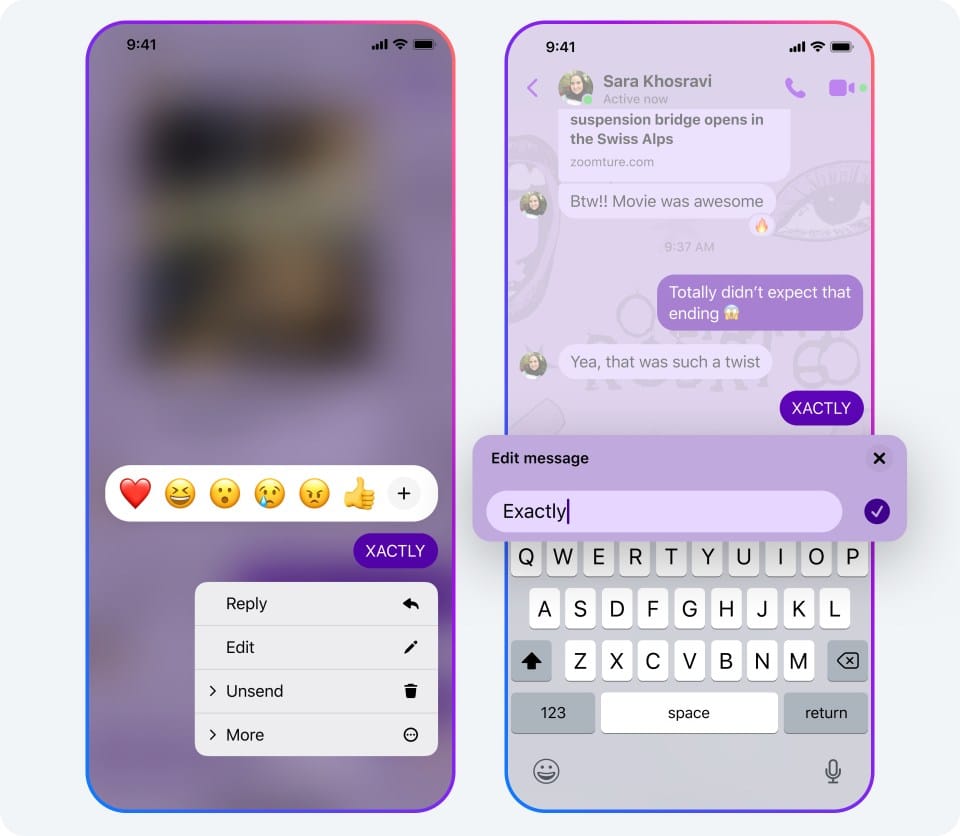Meta rolling out End-to-End Encryption on Messenger and Facebook
Meta this week announced the rollout of default end-to-end encryption for personal messages and calls on Messenger and Facebook.

Meta this week announced the rollout of default end-to-end encryption for personal messages and calls on Messenger and Facebook.
To accommodate the vast user base of over a billion Messenger accounts, the rollout of default E2EE will be phased over several months. Upon upgrade, users will be prompted to set up a recovery mechanism, such as a PIN, to restore their messages if devices are lost, changed, or added.
End-to-end encryption (E2EE) employs robust cryptographic techniques to scramble the content of messages and calls, rendering them unreadable to anyone except the sender and intended recipient. This barrier effectively shields users from potential surveillance from third parties, including governments, hackers, or even Meta itself.
Alongside default E2EE, Meta has introduced a suite of additional privacy features to further enhance user control over their communications:

- Edit Messages: Users can now modify sent messages within a 15-minute window, ensuring they have the flexibility to rectify any errors or misunderstandings.
- Disappearing Messages: Disappearing messages will now vanish after 24 hours, providing an added layer of discretion for conversations that require a heightened level of confidentiality.
- Read Receipts Control: Users can now choose whether to display read receipts, empowering them to maintain privacy and avoid the pressure of immediate responses.
- Photo and Video Enhancements: Enhanced photo and video quality, improved layouts, and convenient controls further enrich the messaging experience.
- Voice Messaging Upgrades: Faster playback speeds, seamless playback resume, and background listening capabilities elevate voice messaging functionality.
Meta's decision to implement default E2EE represents a significant leap forward in user privacy protection. The combination of E2EE with additional privacy features and cryptographic transparency further strengthens the platform's commitment to safeguarding user data and communications. This move aligns with growing global concerns about data privacy and sets a precedent for other messaging services to follow suit.

